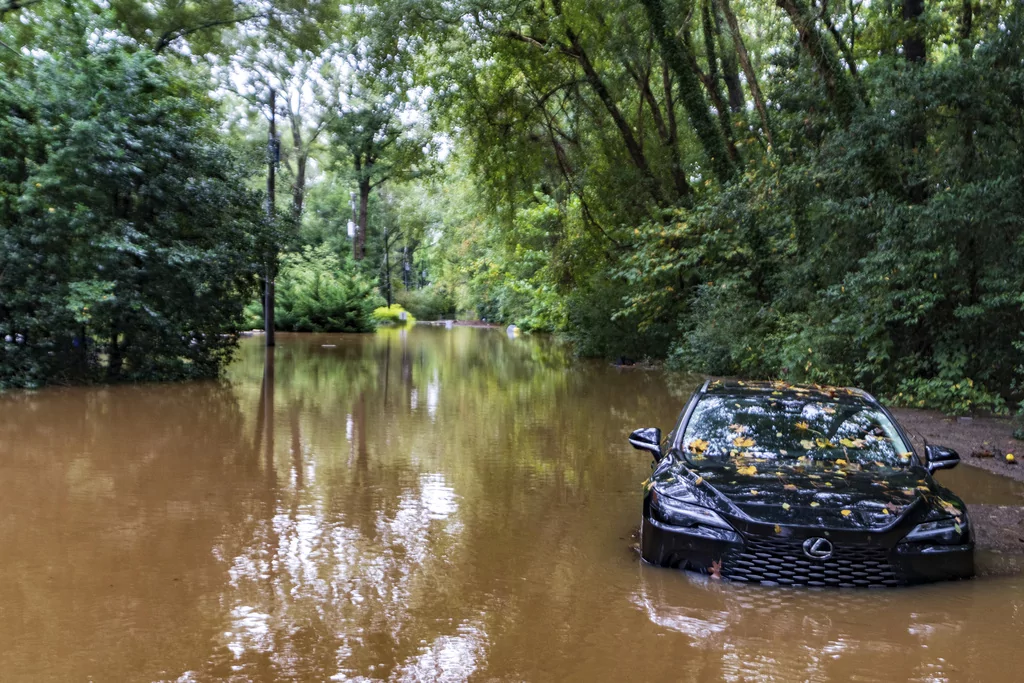

As people start to recover from the devastation brought on by Hurricane Helene, officials with the Federal Emergency Management Agency are warning it will take a “complicated” response to help the states affected in recent days.
Since Thursday, Helene has wreaked havoc across Florida, Georgia, Tennessee, and the Carolinas, leaving dozens dead and millions without power.
Heartbreaking photos and videos show homes and towns completely flooded, with roads turned into waterways, bridges collapsed, the houses even floating away.
Local and state governments have been working tirelessly to conduct search and rescue missions while getting necessary items like food and drinking water to those affected by the storm. As many are also looking to the federal government for help, FEMA administrator Deanne Criswell said recovery will be “complicated.”
“We absolutely have enough resources from across the federal family,” Criswell said during a Sunday appearance on CBS News’s Face the Nation. “FEMA is one part of the team, and we have the ability to bring in all of our team members from many other federal agencies to support this response.”
Criswell acknowledged that the impact of Helene has been seen across several states, damaging critical water systems, roads, communication systems, and residential areas. The storm has lead to many water-related warnings, from urging residents to boil water before consuming or evacuating completely over dam failure concerns.
“This is going to be a really complicated recovery in each of these five states that have had these impacts,” she said.
Helene first made landfall in Florida’s Big Bend region as a Category 4 Hurricane, the strongest on record to hit the area. While the storm itself weakened, it swiftly spread inland, catching many in western North Carolina unprepared.
As of Sunday morning, over 60 people were declared dead across the five states.
“This is really historic flooding up in North Carolina, especially this western part of North Carolina,” Criswell said. “I don’t know that anybody could be fully prepared for the amount of flooding and landslides that they are experiencing right now, but we have had teams in there for several days.”
Criswell explained that FEMA has been helping the impacted communities by facilitating search and rescue missions while also sending bottled water. As many regions have been left without power and cellular service, FEMA is also facilitating moving Starlink satellites for over impacted areas in North Carolina.
Additionally, the agency is assessing hospitals in the regions to determine their abilities to support those affected.
CLICK HERE TO READ MORE FROM THE WASHINGTON EXAMINER
“As we move into recovery, we can pivot those resources to help support that recovery portion. Recovery can be complicated,” Criswell said. “These five states are going to have very complicated recoveries, but we will continue to bring those resources in to help them, technical assistance as they’re trying to identify the best ways to rebuild.”
As of Sunday, more than 2 million homes and businesses across the southeast were still without power, according to PowerOutage.us.






